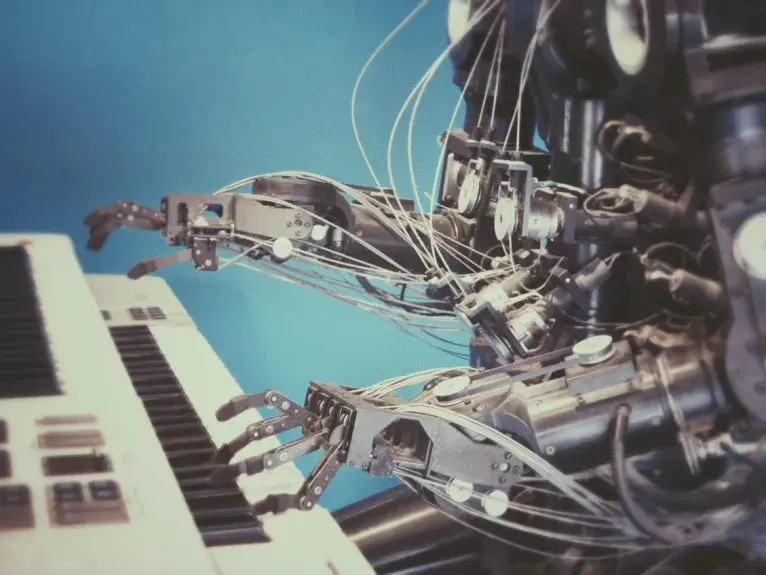
Directors: Philippe Boutry, Matthieu Brejon de Lavergnée
Participating members: Dominique Kalifa, Éric Anceau, Nathalie Duval, Jacques-Olivier Boudon
Partners who can be called on: IUF (Ph. Boutry), Labex EHNE (Writing a New History of Europe), the École des Chartes, the French Senate, the Academy of Moral and Political Sciences, the Center for the Sociology of Organizations at Sciences Po (Marie Chessel), the journal Les Études Sociales, etc.
On 25 May 1848, the Constituent Assembly, at the instigation of its Labor Committee, issued a decree launching a nationwide Inquiry on agricultural and industrial labor: at the cantonal level, a commission, chaired by the justice of the peace, was to meet with local mayors and employer and employee representatives from each branch of activity in order to assess the economic, social and moral state of "industries" and "workers," in the broadest sense, in the area. The Inquiry on agricultural and industrial labor was a continuation of the earliest studies on the working-class world such as Eugène Buret's On the misery of the working classes in England and France (1840) or Louis-René Villermé's A description of the physical and moral state of workers employed in cotton, wool and silk mills (1840). It is contemporaneous with the study On the working classes in France in the year 1848 published by the economist Adolphe Blanqui in 1849. These approaches reveal a dual perspective, both "moral" in the very general sense given to the term in "philanthropy," and "social," in a similarly broad sense, both economic and sociographic.
These inquiries contributed to the birth of the social sciences, which pursued both a theoretical objective of understanding the social, and a practical objective aimed at solving the new "social question." The inquiries contributed to establishing the "scientific" legitimacy of their fields, which were expected to provide the authentic documentation required to establish proof and exercise reason. But what do we really know about these inquiries conducted by the social sciences? Did not the authors themselves have a tendency, in presenting the results of their research, to censor them?
This project, by giving serious consideration to the era of an inquiry, amounts to reexamining it, as has been done in anthropology for example, for certain landmark inquiries (such as Margaret Mead's on sexuality) ‒ in other words, opening up the "black box" of the social sciences, assuming that it can be found, since the traces left behind by 19th -century inquiries are obviously less numerous than we find today (cf. the inquiry on Plozevet).
We postulate that such traces can be found in the scientific or personal correspondence of the researchers. We will therefore explore a corpus of this nature, which is relatively homogeneous since it consists of letters generated from within a single school of social science, based on the work of Frédéric Le Play (1806-1882), for whom field work was the cornerstone of scientific activity. The publications of Le Play and his disciples on working-class life - the first volume of Workers of Both Worlds appeared in 1857, the six-volume European Workers, between 1877 and 1879 - are clearly part of a "social economics" that is inextricable from "moral economics."
Drawing on the available correspondence of Le Play himself (see the list in Les Etudes sociales, n° 142-143-144, 2006) and of his first-generation disciples such as Henri de Tourville (1842-1903), Edmond Demolins (1852-1907) (Bibliothèque Nationale de France, manuscript department) and Paul de Rousiers (1857-1934) (private archives), and second-generation disciples such as Robert Pinot (1862-1926) and Paul Roux (1851-1918) (private archives), the goal will be to reveal the concrete reality of inquiries conducted on extremely diverse terrains (England, United States, Germany, France, Switzerland), their explicit and implicit issues, contradictions, and biases (the subjectivity of the researcher, moral and social ambitions, etc.). The project will also contribute to the social study of the formation of an intellectual field, with its journals, its teaching and research institutions, its academic sociabilities and circulations, and its forms of recognition and exclusion.
From the moral to the social: theories and practices of inquiry. Based on the archives of the LePlaysian movement has three objectives: to render an original and still under-utilized corpus accessible through digitization and online publication; to identify, in the inquiry procedures, the link between society and morality in the 19th century (Le Play himself, as we know, drew partly on Comtean positivism and partly on Bonaldien traditionalism, but his disciples and imitators followed various lines of reasoning, some of them going so far as to form a dissenting branch of social science.); and finally, to analyze the legacy of LePlaysian inquiry in the fledgling social sciences at the turn of the 19th and 20th centuries, primarily in sociology, but also social psychology and the history of collective mentalities.
This area, which focusses on Europe and the United States from 1850-1920, has an editorial, historic, and historiographic dimension; using the LePlaysian archives as source material, it may involve contributions from several disciplines, including history, sociology, law, philosophy, economics, statistics..